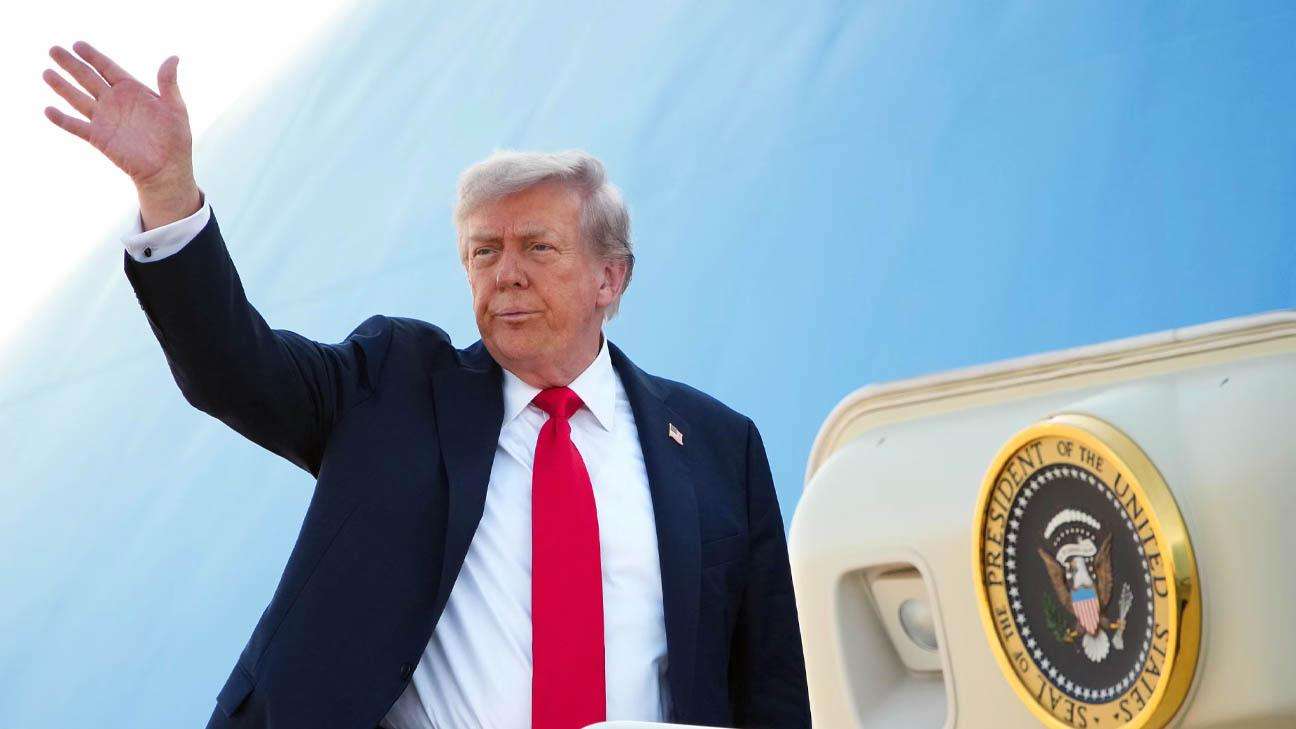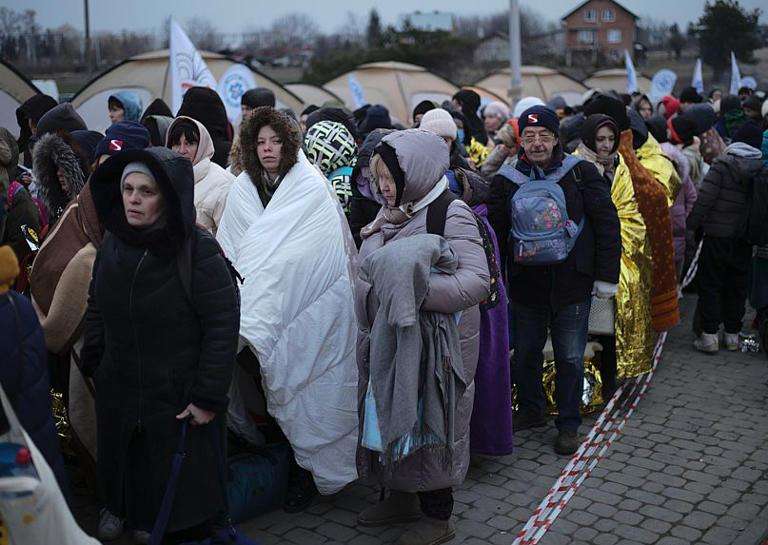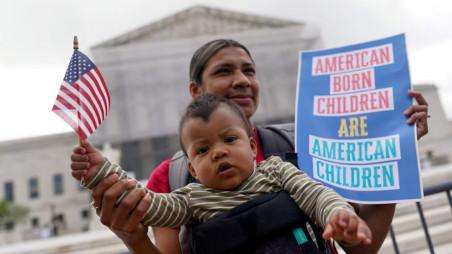A recent U.S. Supreme Court decision on birthright citizenship has left many bewildered, prompting a flood of calls to immigration attorneys as affected families grapple with its complex—and potentially far‑reaching—implications.
In a ruling handed down on Friday, the Court’s conservative majority granted President Donald Trump’s bid to limit the authority of lower‑court judges. Yet it stopped short of ruling on whether his attempt to narrow birthright citizenship itself is constitutional.
That split outcome muddles what had long seemed clear: under the Fourteenth Amendment, anyone born on U.S. soil is automatically a citizen, no matter their parents’ nationality or immigration status.
Lorena, a 24‑year‑old Colombian asylum seeker in Houston expecting a baby in September, scoured news reports on the ruling but came away worried and confused.
“There aren’t many specifics,” she said, asking to use only her first name for safety reasons. “I’m not sure how my baby will be affected.”
Her fear is that her child could end up stateless.
“I don’t know if I can pass my citizenship on,” she said. “Can I add her to my asylum case? I don’t want her left without a country.”
Trump’s January executive order directs federal agencies to deny citizenship to U.S.‑born children unless at least one parent is a U.S. citizen or lawful permanent resident. Three federal district courts blocked the directive, sending the dispute to the Supreme Court.
The Court’s decision says the policy may take effect in 30 days, yet it leaves room for renewed challenges in the lower courts that could keep it on hold. Indeed, on Friday afternoon plaintiffs filed an amended lawsuit in Maryland seeking to represent a nationwide class of parents whose children risk losing citizenship.
If nationwide injunctions are not reinstated, the policy could operate in the 28 states that did not contest it—creating what Kathleen Bush‑Joseph of the Migration Policy Institute calls “an extremely confusing patchwork.”
“Would individual doctors and hospitals now have to determine babies’ and parents’ citizenship on the spot?” she asked.
Restricting birthright citizenship fits into Trump’s broader immigration agenda; he argues automatic citizenship lures expectant parents to cross the border.
“Hundreds of thousands of people are coming here because of birthright citizenship, and that’s not what it was intended for,” he told reporters at the White House on Friday.
ANXIOUS CALLS POUR IN
After the ruling, immigration hotlines and law offices—especially in Republican‑controlled states—were flooded with questions from expectant immigrant parents. Attorneys struggled to clarify a decision whose impact will depend on future court battles and on how individual states choose to enforce the executive order.
Lynn Tramonte, who heads the Ohio Immigrant Alliance, recounted a call from an East Asian man in the state on a temporary visa. His wife is pregnant, and because Ohio did not join the lawsuits opposing the policy, he asked how he could safeguard his child’s constitutional rights.
“He kept emphasizing how much those rights mattered to him,” Tramonte said.
Advocates stressed the sweeping reach of Trump’s directive, which could deny automatic citizenship to an estimated 150,000 U.S.‑born children every year.
“It sets up multiple classes of residents with unequal rights,” warned Juliana Macedo do Nascimento of United We Dream. “The result is utter chaos.”
The Supreme Court added another layer of ambiguity: it said members of two plaintiff organizations—CASA in Maryland and the Asylum Seeker Advocacy Project (ASAP)—remain protected by earlier injunctions. But it is unclear whether families in states where the policy might take effect could simply join one of these groups to gain protection, or how officials would verify such membership.
Betsy, a recent high‑school graduate in Virginia and a CASA member, noted that her Salvadoran parents lacked legal status when she was born.
“This targets innocent babies who aren’t even here yet,” she said, withholding her last name for safety reasons.
In Louisiana, Honduran asylum seeker Nivida—an ASAP member who just gave birth—said a pregnant friend without legal status called her in panic.
“She asked, ‘If my baby is born in Louisiana under our Republican governor, will my child still be an American citizen?’”








.svg)

_2.jpg)
_2.jpg)
.jpg)
.jpg)